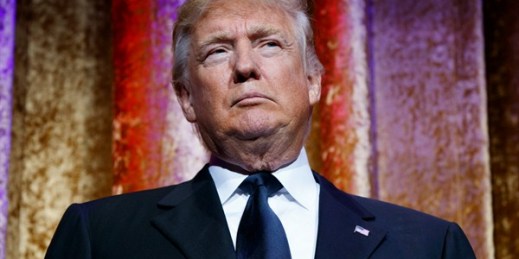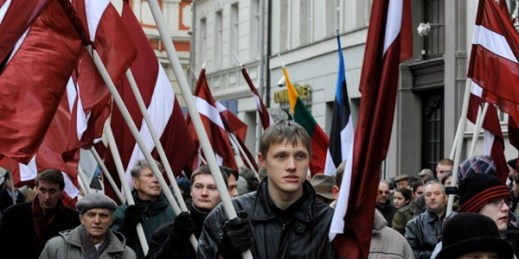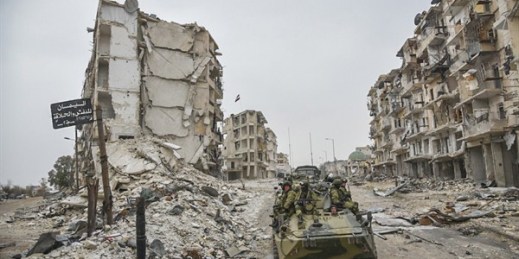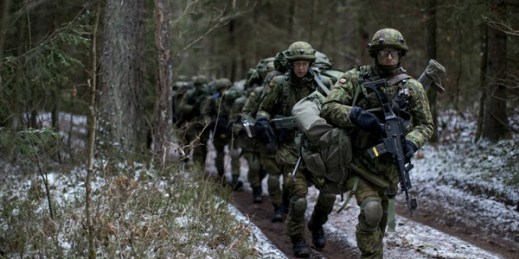
Under normal circumstances, most Americans don’t pay much attention to foreign policy unless the country is engaged in a major war or experiencing high-profile terrorist attacks. Though neither is occurring now, these are anything but normal times. With just hours until Donald Trump assumes the U.S. presidency after the most unusual presidential election in living memory, Americans are breaking with tradition and giving foreign policy a prominent place on the list of national concerns. Americans, it turns out, are watching with great interest to see how exactly the Trump administration manages bilateral ties with Russia and how Trump deals with […]



